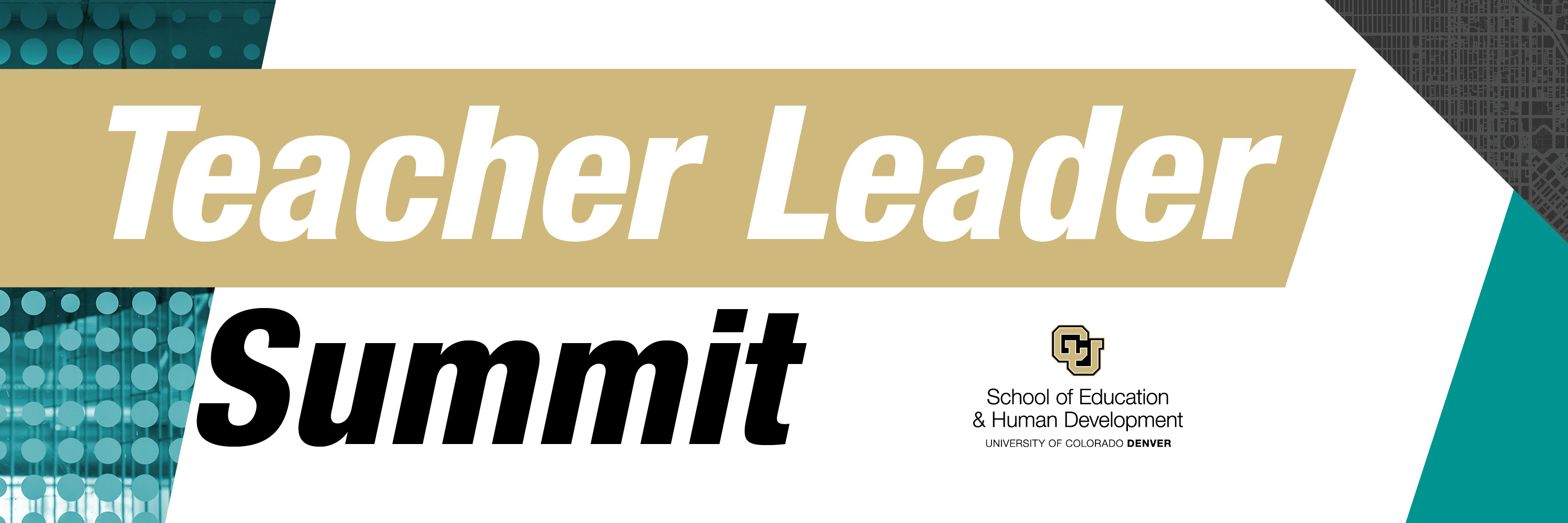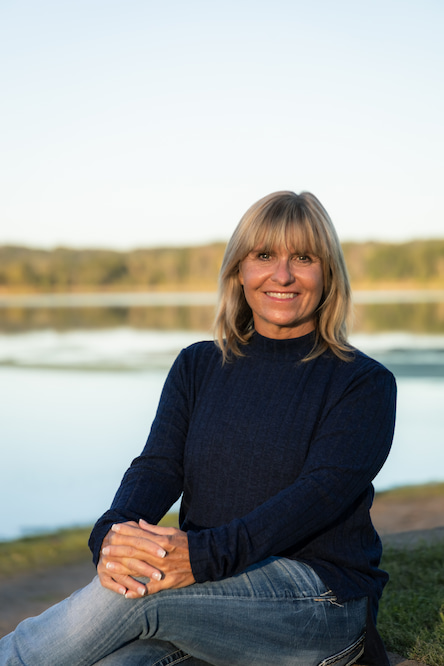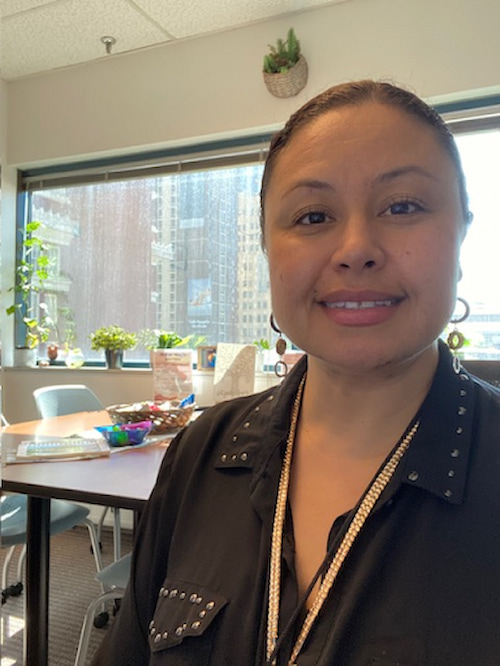Contact Us

School of Education and Human Development Teacher Leader Summit
The Seven I's of Schools That Thrive: A Framework for Sustainable Leadership
With Dr. Jody Tucker
The University of Colorado Denver School of Education & Human Development is delighted to invite teacher leaders from around the state and nation to convene for the Teacher Leader Summit. This is an incredible opportunity for the most powerful voices in our schools and classrooms to come together to inspire each other, encourage one another, and learn together.
The Seven I's of Schools That Thrive: A Framework for Sustainable Leadership
Discover how the Seven I’s Framework supports and empowers school personnel as they navigate the complex systems that influence their work. This framework establishes a structured pathway for developing processes that respond to the unique needs of individual schools. Through intentional and authentic collaboration, the Seven I’s Framework—integrated with broader organizational systems—cultivates strong, sustainable partnerships that enable schools not only to operate effectively, but to thrive.
The Framework's Foundation
Traditional leadership models are proving insufficient in a world of constant change. The Seven I’s Framework, developed by Jody Tucker, EdD, shifts focus from simply managing resources to cultivating systems where both people and ideas flourish over the long term.
The Seven I's framework is an interdisciplinary approach that emphasizes moving beyond the mechanical "what" and "how" to discover the profound "why" and “what if”—the organization's core purpose and potential. It moves beyond cycles of improvement that are problem-solution based and takes an asset lens towards systemic change, innovation, and optimization, focusing on sustainability and the power of human capital.
Key disciplines integrated:
- Systems thinking: Recognizing that all parts are interconnected and actions have ripple effects.
- Neuroscience: Understanding human motivation, collaboration, and resilience.
- Appreciative inquiry: Focusing on strengths, possibilities, and positive potential.
- Action research: Emphasizing a cyclical process of planning, acting, observing, and reflecting.
| The Details | |
| Dates | June 4-5, 2026 |
| Time | 8:30am - 3:30pm |
| Cost | $650 individual $1,300 team of 2-4 $2,000 team of 5-10 $3,000 team of 11-15 |
| Location | In-person at CU Denver |
| Graduate Credits Available | Flexible credit options: enroll for one or three credits. Please note that additional fees will apply. |
Audience: Teachers, mentors, instructional coaches, leadership teams, principals, program directors, district and BOCES administrators, higher ed faculty, improvement specialists
Purpose & Outcomes
Participants will engage in a two-day facilitated workshop that will allow them to dig deep into the Seven I's Framework and apply it directly to opportunities for optimization in their own classrooms, schools, systems, and personal practice. They will emerge from the summit with an overarching strategic plan as well as specific, prioritized next steps for systemic implementation. Attendance with a team is recommended but not required.

Jody Tucker, EdD
Facilitator
Dr. Tucker collaborates with the Continuing and Professional Education staff and SEHD faculty members to develop and sustain programs and partnerships that directly serve critical needs of children, youth, and adults seeking lifelong learning opportunities. She partners with corporations, nonprofit organizations, school districts, healthcare professionals, institutions of higher education, and the broader community to co-create customized professional development, facilitate strategic planning processes, implement continuous improvement initiatives, and provide leadership coaching. Jody previously served the SEHD as the Associate Director of Clinical Teacher Education, where she supervised the development of preservice teachers and directed the NxtGEN program. Prior to coming to CU Denver 2019, Jody was a business owner, non-profit director, teacher, coach, school leader, and district administrator.
Other Keynotes

Barb Boillot
Barb Boillot is a lifelong educator and accomplished leader with over 40 years of experience in education. Barb has spent 20 years as a classroom teacher and 20 years in school administration, bringing both instructional and leadership perspectives to her work. A Thinking Maps consultant and Principal Coach, she is known for her “lead from the front” approach and her ability to strengthen instructional practice and leadership capacity. Following COVID-19, Barb designed instructional programming to support academic recovery and long-term learning improvement. Her leadership, insight, and dedication have influenced students, educators, and communities for generations. She believes that thriving schools create thriving learners—and that true success goes beyond data.
Pam Yoder is an educator of more than 30 years and has had the privilege of teaching grades K-8, working as an instructional coach, and as an elementary level principal within the school setting. Pam has served at the district level as a coach coordinator, induction-mentor coordinator, Special Education Assistant Director, and CoVid Project Manager before retiring. She has been a trainer for Just Ask Publications, LETTERS, and numerous district initiatives and continues to work to bring professional learning to educators at all levels. Pam recently served as Co-President for Learning Forward Colorado and worked with the national planning team to bring the Learning Forward Conference to Denver in December 2024 Her current consulting work includes mentoring school leaders, providing professional learning around instruction and executive function practices to school-based teams and working with school teams to create an effective MTSS framework. Her work as a Site Professor supervising student teachers, continues to allow her to impact the next generation of teachers. She is a life-long learner and embraces opportunities to grow as an educator and compassionate human. Pam is committed to serving learners at all levels to provide best practices to ensure success for all.

Pam Yoder

Arianne Rivera, EdD